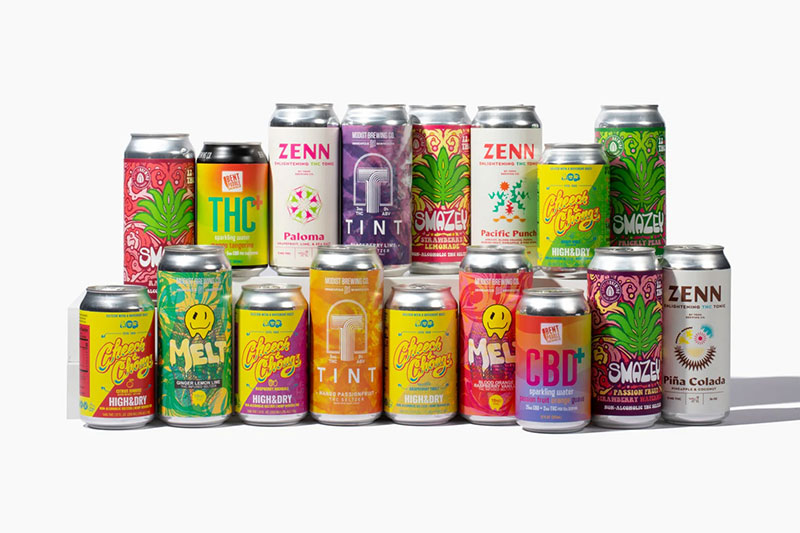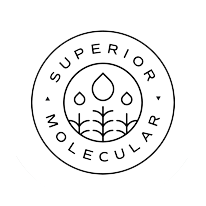As we move through 2025, the cannabis beverage market has matured from a niche novelty into a mainstream segment of the legal cannabis industry. With more states legalizing and refining regulations — and consumer curiosity at an all-time high — cannabis-infused drinks are competing directly with alcoholic beverages in both social and wellness spaces.
Expanding Variety and Availability
Today’s cannabis beverage shelves are more diverse than ever. Beyond the early lineup of seltzers and teas, you’ll now find ready-to-drink mocktails, non-alcoholic beers and wines, functional tonics, sparkling adaptogen blends, and even protein shakes infused with cannabinoids. This expansion makes it easier for consumers to find a beverage that fits their taste, dietary preferences, and lifestyle goals.
Health & Wellness Advantages Over Alcohol
Cannabis beverages continue to attract those seeking alternatives to alcohol. Unlike alcohol — which carries risks of addiction, liver damage, and other long-term health concerns — cannabis is generally considered less addictive and has a different risk profile. Many consumers choose cannabis beverages for their potential benefits, such as pain relief, stress management, better sleep quality, and mood support. The “Cali sober” lifestyle — avoiding alcohol but still enjoying cannabis — has grown in popularity, and beverages fit seamlessly into that choice.
The Rise of Low-Dose & Balanced Formulations
In 2025, precise, low-dose cannabis drinks dominate growth. Standard offerings often range between 2–5 mg of THC per serving, allowing for a gradual, controlled experience that’s approachable for beginners and social settings. Many products also pair THC with CBD or minor cannabinoids (like CBN or CBG) for tailored effects — from relaxation to focus — without overwhelming intoxication.
Functional Cannabis Drinks
A major growth area has been functional beverages, which combine cannabis with other active ingredients for synergistic benefits. Examples include:
Adaptogen blends with ashwagandha or reishi mushroom for stress resilience
Anti-inflammatory formulas with turmeric, ginger, or black pepper extract
Energy-boosting drinks with green tea or yerba mate alongside THC or CBD
This overlap with the wellness drink market blurs the line between cannabis products and mainstream health supplements.
Predictable Onset & Social Appeal
With advancements in water-soluble cannabinoid technology, most cannabis beverages in 2025 offer onset times between 10–20 minutes, a big improvement over earlier products. This makes effects easier to time and control, with a duration often shorter than edibles but longer than inhalation. Plus, cannabis beverages avoid the dehydration and next-day hangovers associated with alcohol, making them more appealing for those who want to enjoy social events without feeling sluggish afterward.
The Bottom Line
The cannabis beverage category is no longer an experimental side-show — it’s a legitimate competitor to beer, wine, and cocktails. In 2025, consumers have access to:
A broader range of flavors and formats
Health-conscious, low-dose, and functional options
Predictable effects and social-friendly experiences
As innovation and consumer education continue, cannabis beverages are positioned to become a staple for both wellness-minded individuals and those simply seeking a better night out — without the hangover.
